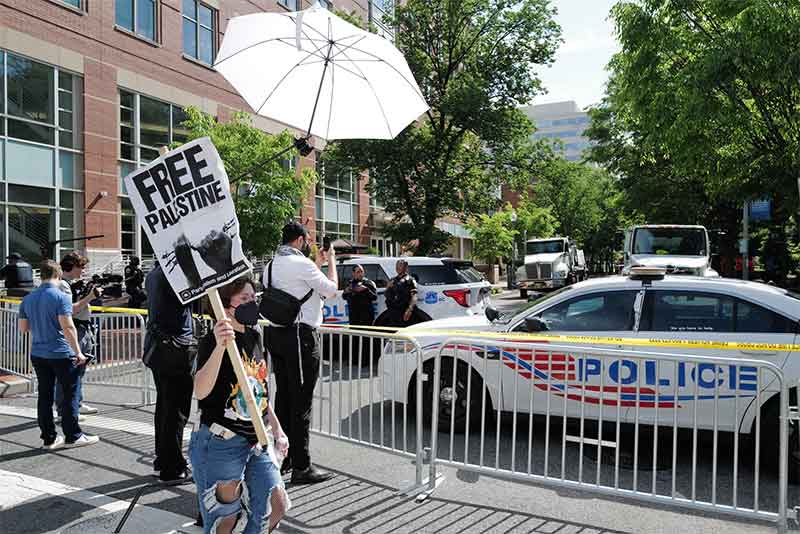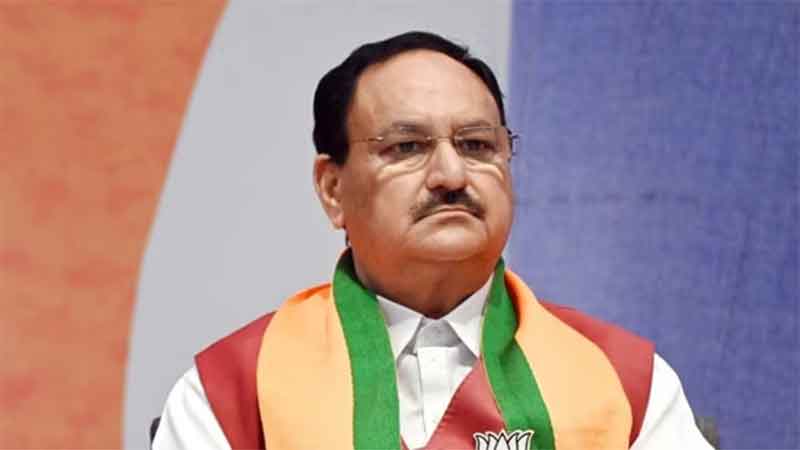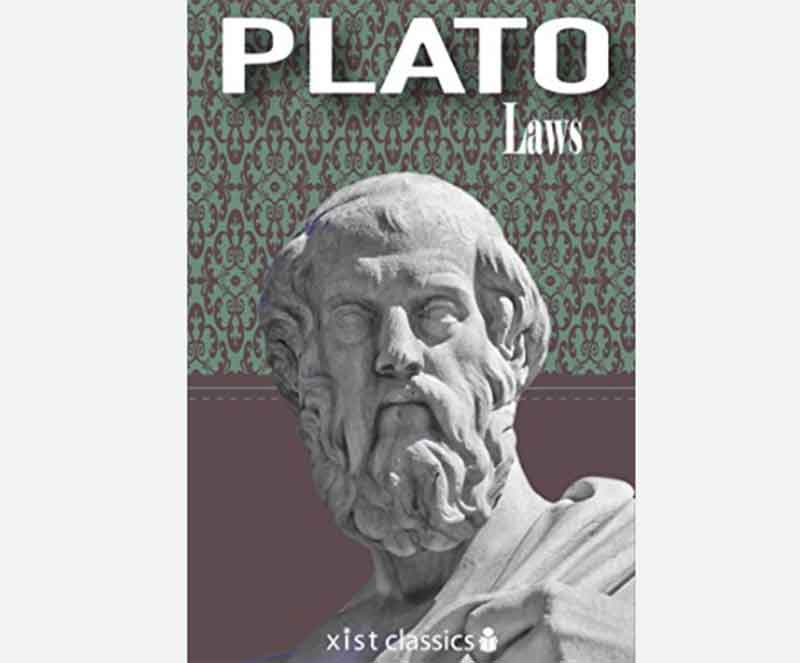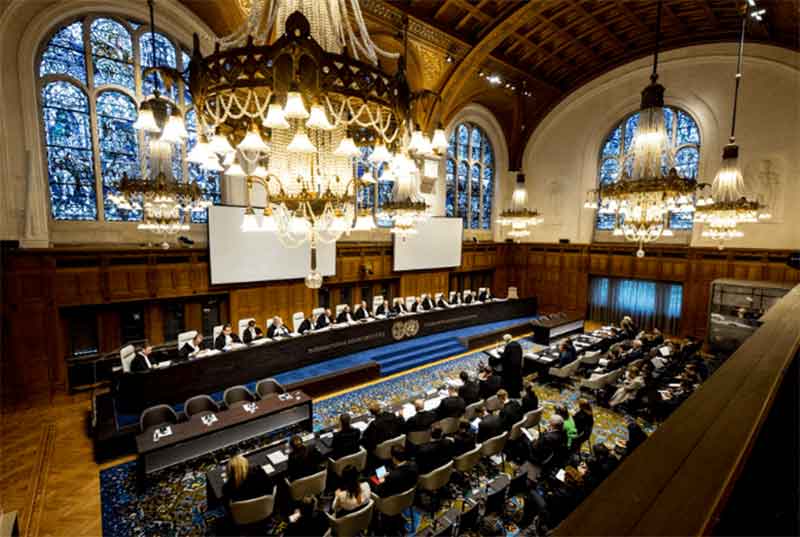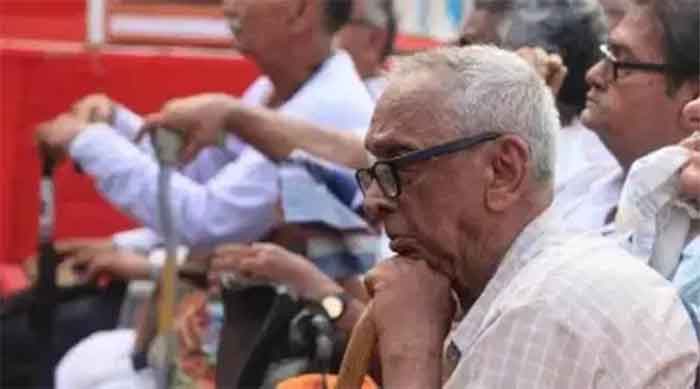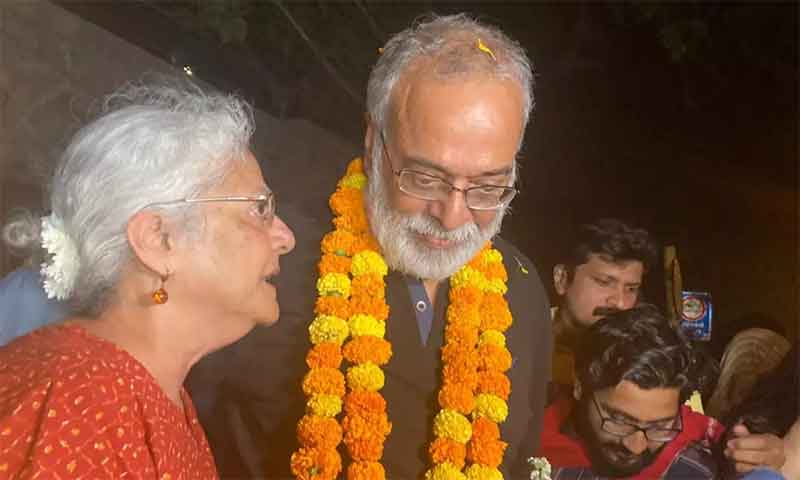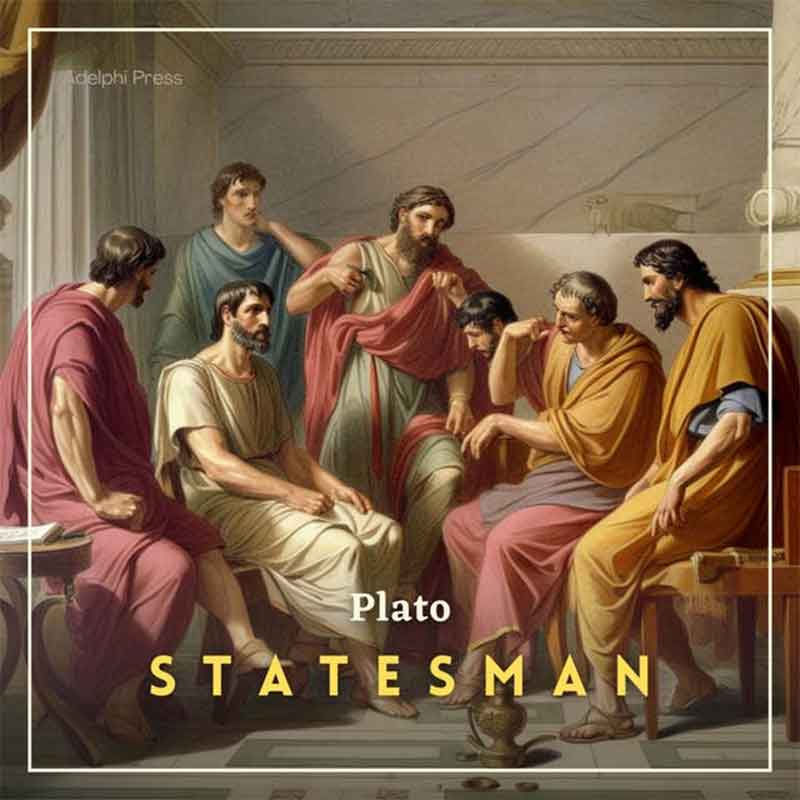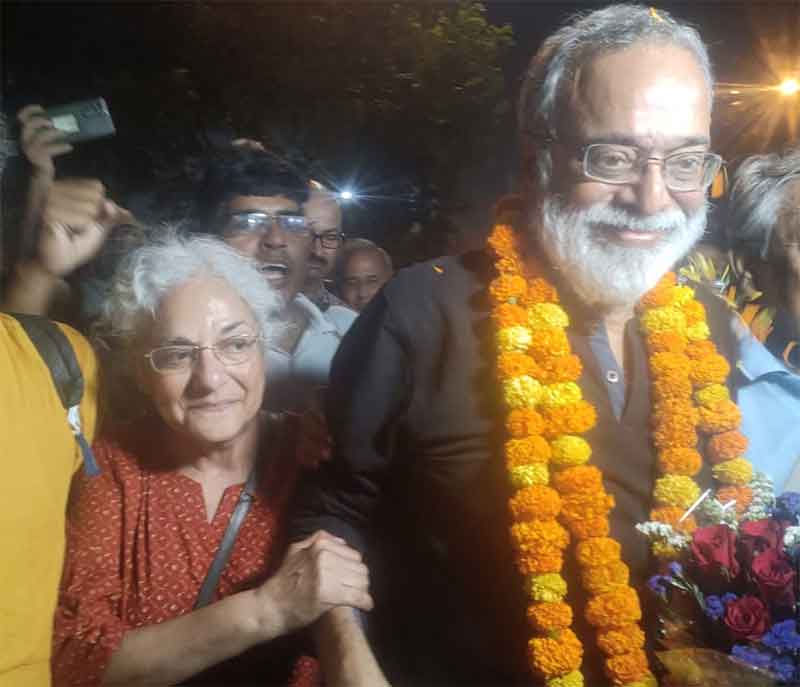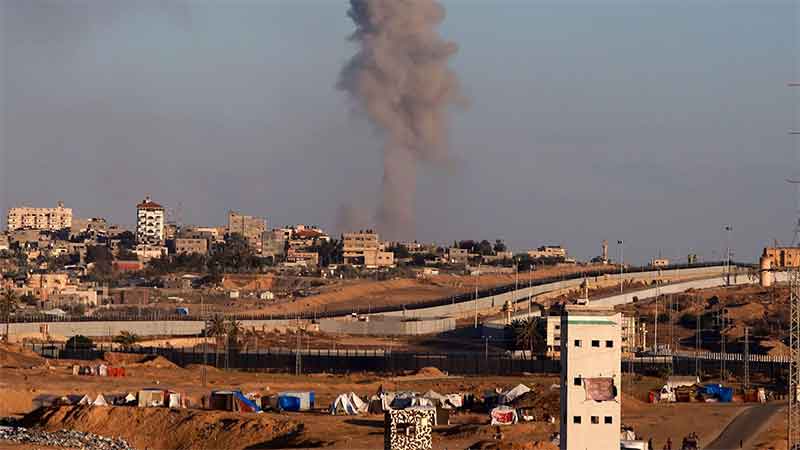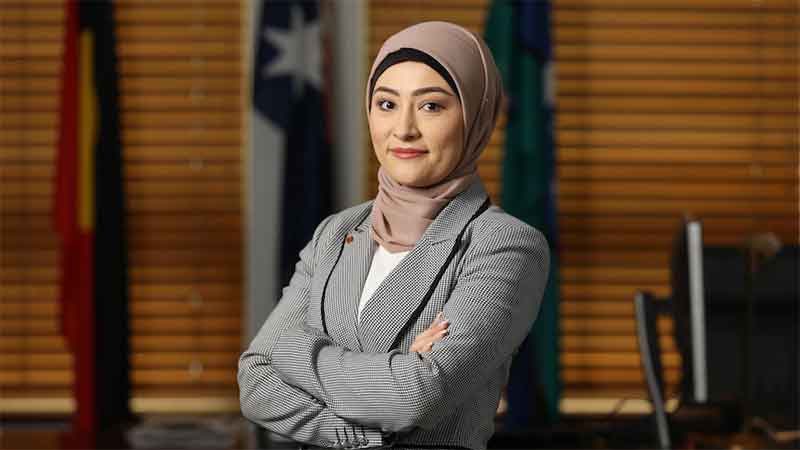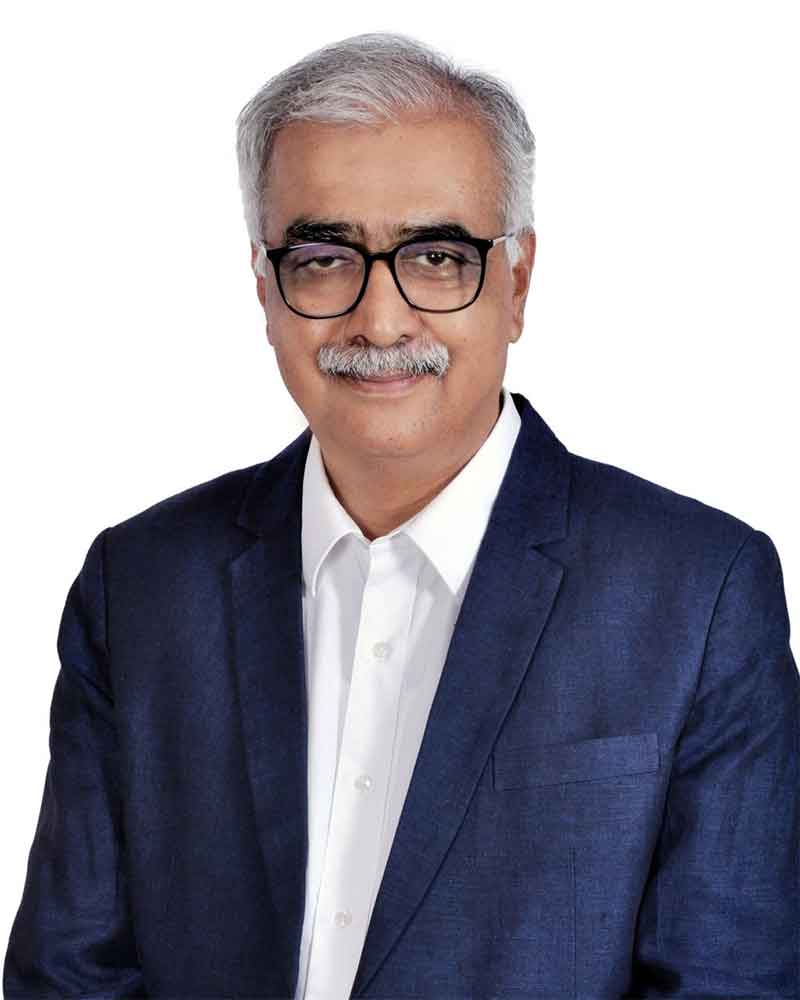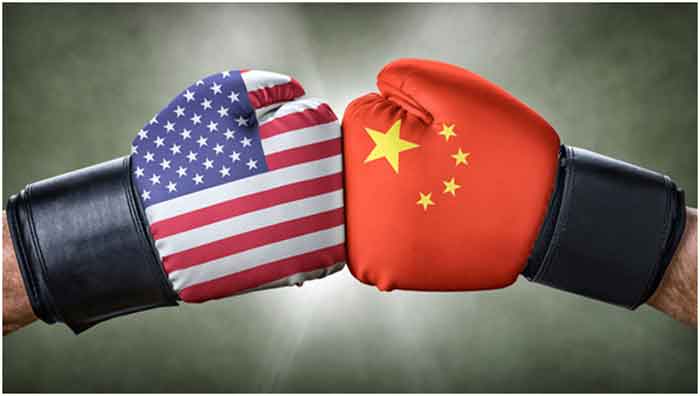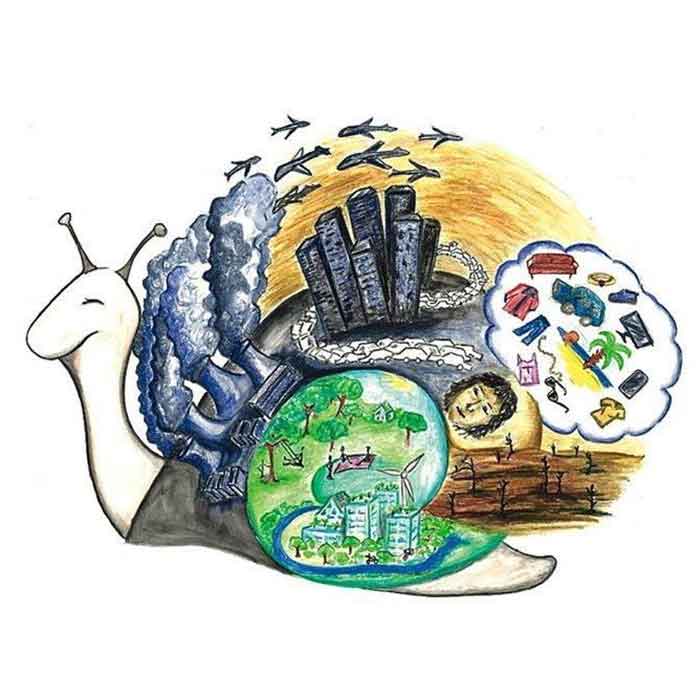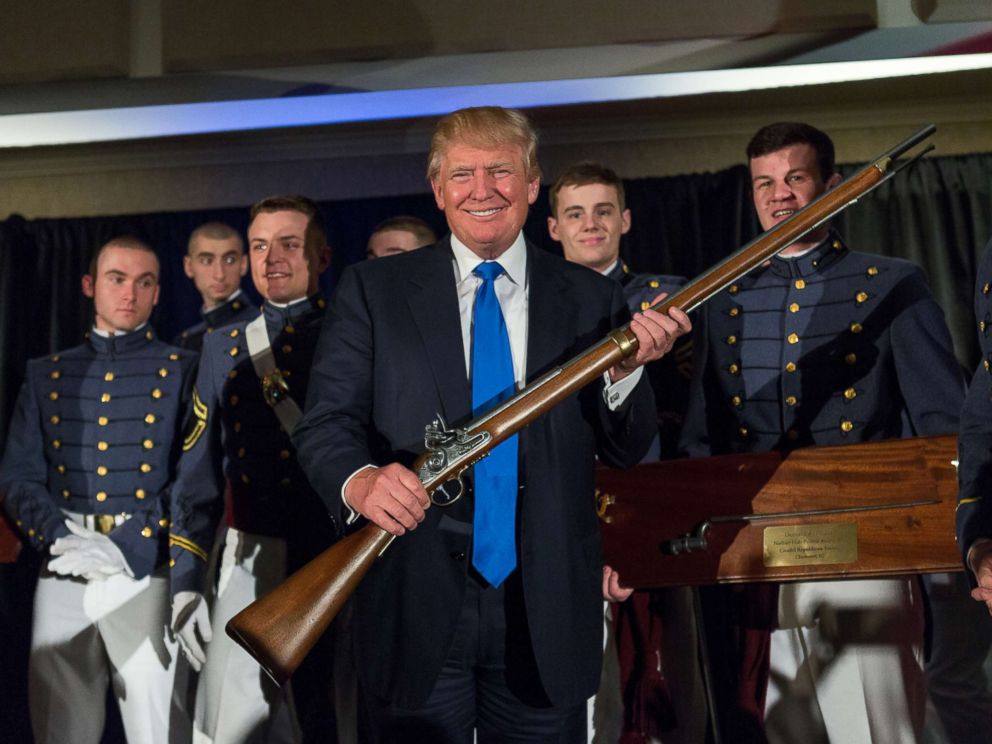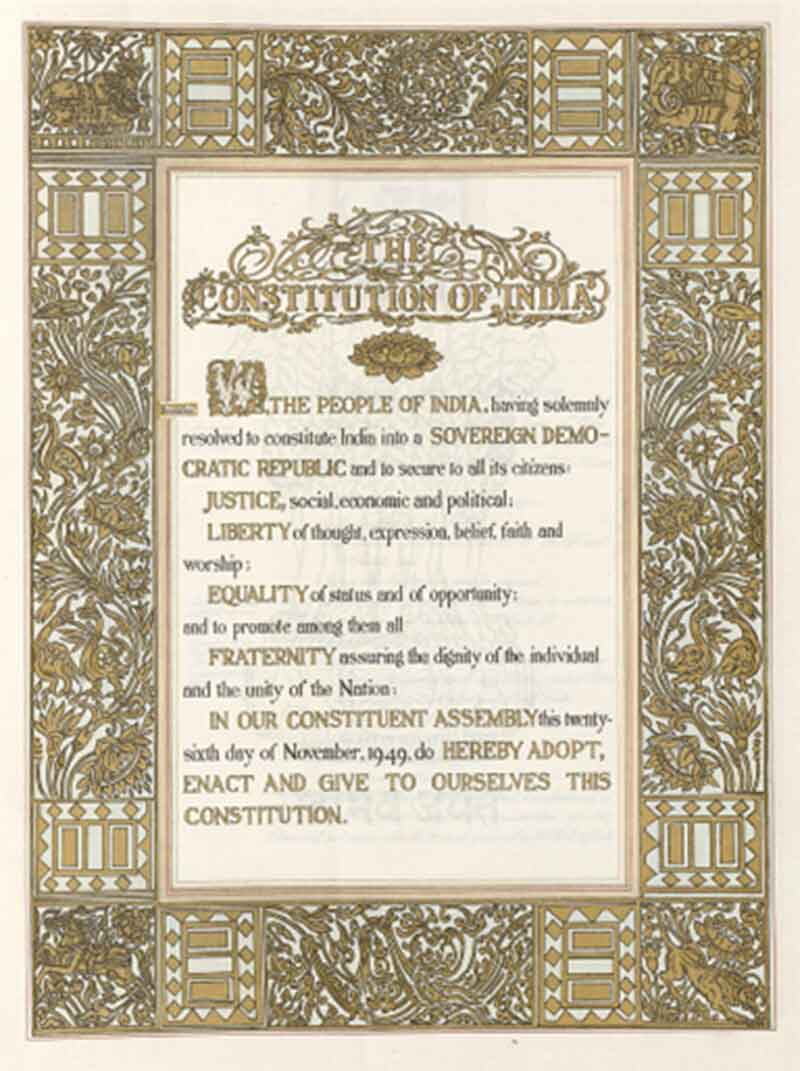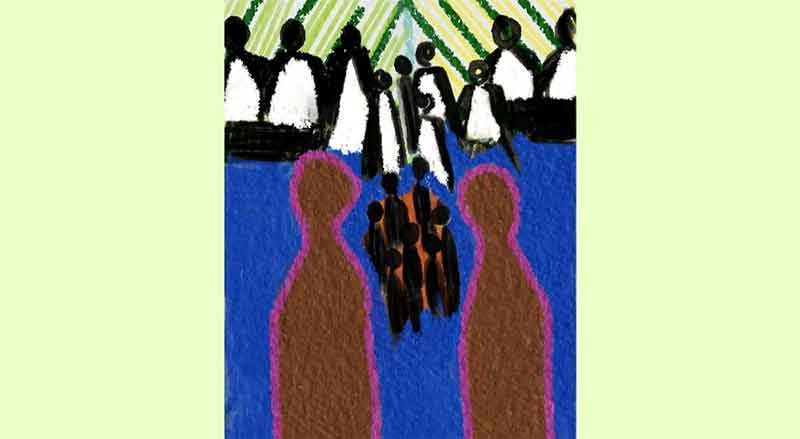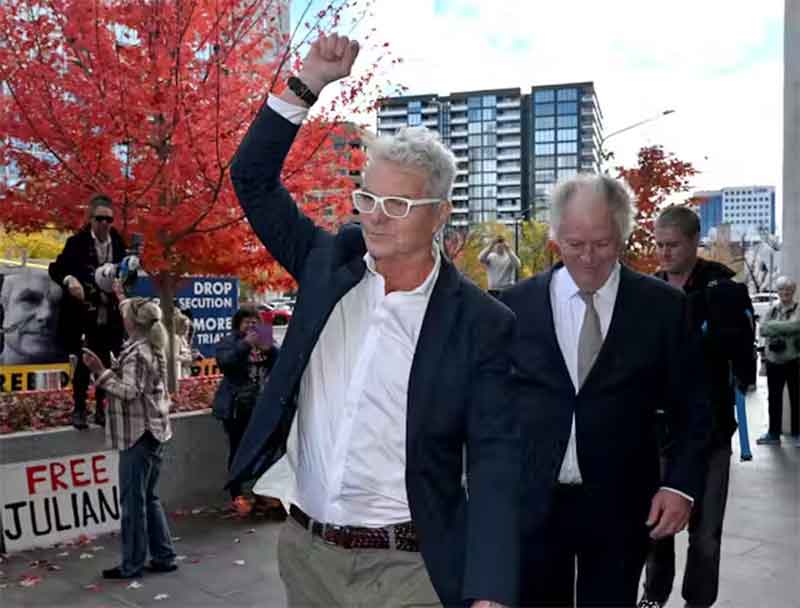
American universities have long been celebrated as bastions of free speech, fostering open discourse and intellectual exploration. However, recent events paint a concerning picture where these very institutions are becoming battlegrounds for erosion of human rights, suppression of peaceful protest and violation of free speech. This article delves into this complex issue, using pro-Palestinian protests at Columbia University and the broader context of US foreign policy as the backdrop.
A Chilling Effect: The Case of Columbia University and the “Palestine Exception”
In April 2024, Columbia University witnessed a peaceful protest by students in solidarity with Palestinians. The students pitched tents on campus, demanding university divestment from companies profiting from the Israeli occupation and condemning the violence in Gaza. This action, however, was met with a harsh response from the university administration. Citing safety concerns and policy violations, Columbia suspended the protesting students, revoked their campus access, and called upon the NYPD to dismantle the encampment. (https://apnews.com/article/columbia-yale-israel-palestinians-protests-56c3d9d0a278c15ed8e4132a75ea9599)
This incident sparked widespread criticism. The university’s actions were seen as a blatant violation of free speech and the right to peaceful protest. The Columbia Law School Human Rights Institute, faculty members, and free speech organizations like the Knight First Amendment Institute condemned the university’s decision. (https://apnews.com/article/columbia-yale-israel-palestinians-protests-56c3d9d0a278c15ed8e4132a75ea9599)
The Columbia case is not an isolated incident. There’s a growing trend of universities stifling dissent on issues deemed politically sensitive, particularly regarding the Israel-Palestine conflict. This phenomenon, known as the “Palestine Exception,” refers to the suppression of criticism towards Israel and advocacy for Palestinian rights on college campuses. Critics argue that universities fail to uphold the principles of free speech and open debate when it comes to the Israeli-Palestinian conflict. Pro-Palestinian student groups, speakers, and faculty often face pressure, disciplinary actions, and disinvitations. (https://www.democracynow.org/topics/palestine)
The stifling of dissent raises crucial questions about the role of universities in a democracy. These institutions should be platforms for robust debate and critical thinking, especially on sensitive issues. Suppressing dissent undermines this core function and creates an atmosphere of fear and self-censorship.
The Geopolitical Calculus: US Foreign Policy and its Impact on Free Speech
The US government’s unwavering support for Israel plays a significant role in the dynamics on American campuses. The perception that the US condones human rights violations at the hands of a key ally creates a chilling effect on free speech. Critics argue that a more balanced approach to the US-Israel relationship could foster a more open environment for discussion on college campuses.
US military aid to Israel is a crucial element of this relationship. The United States has historically been a staunch ally of Israel, providing billions of dollars in military aid annually. The Biden administration has continued this policy, justifying it as a means to maintain regional stability and deter aggression from Iran. Critics argue that this unconditional support emboldens Israel’s actions and ignores human rights violations against Palestinians. (https://crsreports.congress.gov/product/pdf/RL/RL33222/44)
The dominance of a pro-Israel narrative in US foreign policy creates a ripple effect that reaches university campuses. Universities, often dependent on donor funding, may be hesitant to host speakers or events critical of Israel for fear of alienating potential benefactors. This indirect pressure further undermines the principles of free speech and open discourse.
Finding a Path Forward: Reinvigorating Free Speech and Human Rights
The current situation at American universities raises serious concerns about the future of free speech, human rights, and a just peace. There are definitely no easy answers. However, by fostering open dialogue and upholding democratic principles, we can work towards a future where universities remain true beacons of learning and critical thought, and human rights are respected on a global scale. Here are some potential steps forward:
- Universities must uphold their commitment to free speech. They should establish clear and consistent policies that protect the right to peaceful protest and dissent. These policies should be applied fairly and transparently, regardless of the topic at hand. Universities should also foster a culture of open debate and critical thinking, where all viewpoints are respected and considered.
- The US government should reassess its Middle East policy. A more balanced approach that prioritizes human rights and a peaceful resolution to Israeli-Palestine conflict is the need of the hour. This could involve conditioning military aid to Israel in adherence to international law and human rights principles. The US government should also encourage dialogue between Israelis and Palestinians and support international efforts to achieve a two-state solution.
- Students and faculty should continue to exercise their right to free speech. Peaceful protests and open debates are crucial components of a healthy democracy. Students and faculty should engage in civil discourse, educate themselves on complex issues, and advocate for what they believe in. They should also hold their universities accountable for any instance of discouraging free speech and academic freedom.
- International organizations should play a more active role. The United Nations and other international bodies have a responsibility to uphold human rights standards and promote a peaceful resolution to the Israeli-Palestine conflict. They should investigate allegations of human rights abuses, hold perpetrators accountable, and provide support for Palestinians.
- The media has a crucial role to play. Media outlets should strive to provide balanced and objective reporting on the Israeli-Palestine conflict. They should also give voice to a wider range of perspectives, including those critical of Israel or supportive of the Palestinian cause.
By taking these steps, we can work towards a future where human rights are respected, free speech is protected, and universities remain bastions of knowledge and critical thinking. The situation in the Middle East is complex, but by fostering open dialogue, promoting accountability, and upholding democratic principles, we can create a path towards a more just and peaceful future.
Conclusion: A Beacon Reignited
American universities have a critical role to play in nurturing informed citizens and fostering a vibrant democracy. The recent erosion of free speech and the stifling of dissent threaten to dim the light these institutions have traditionally cast. Yet, the path forward is not shrouded in darkness.
By recommitting to the core values of open discourse, critical thinking, and the protection of human rights, universities can reclaim their place as bastions of knowledge and progress. This requires a multifaceted approach, demanding action from universities, governments, students, and international organizations. Only through a collective effort can we ensure that the halls of academia once again resonate with the lively exchange of ideas, and that the flame of free speech burns ever bright.
Dr. Zaid Mustafa Alavi holds a PhD in Political Science from Aligarh Muslim University’s esteemed Department of Political Science, specializing in the intricate dynamics of international relations with a focus on human rights. His doctoral research delved into the pivotal roles of the USA and the European Union in the post-Cold War era, shedding light on their impact on global human rights discourse.






